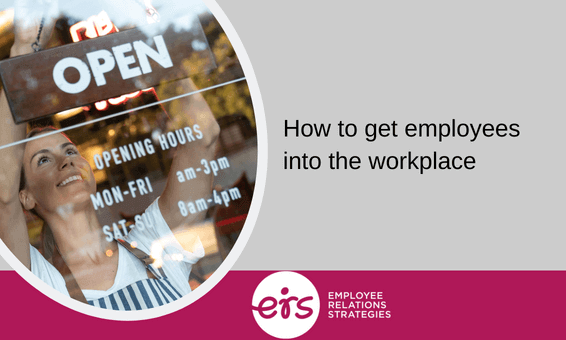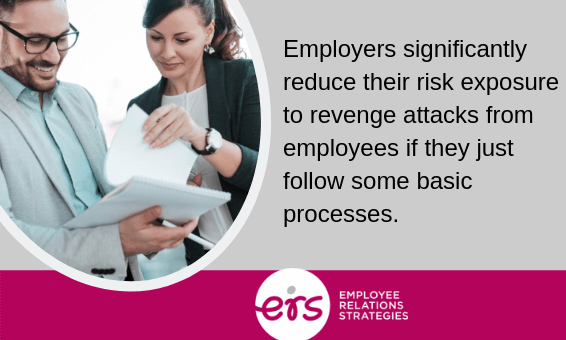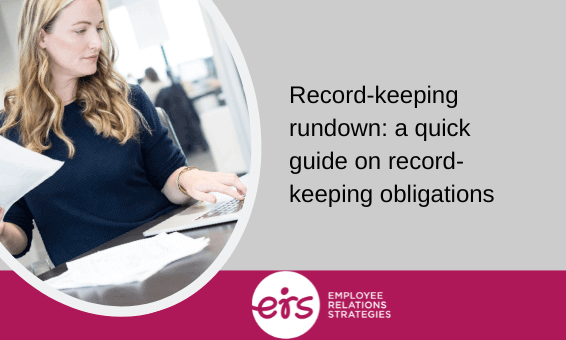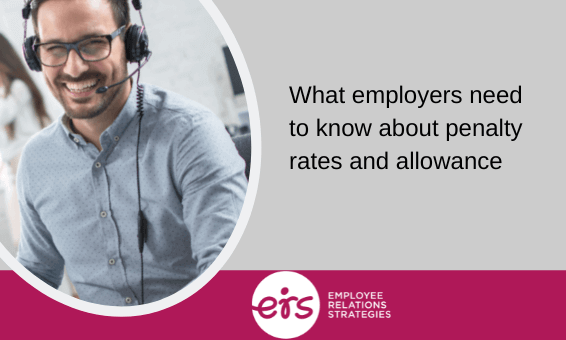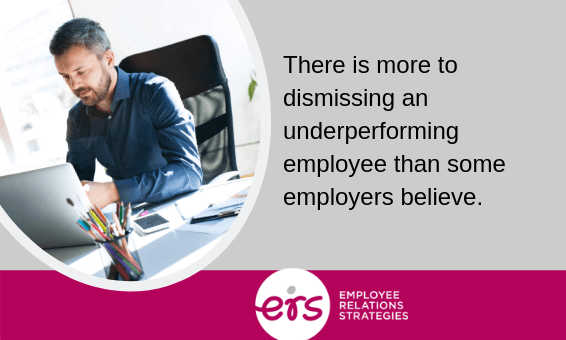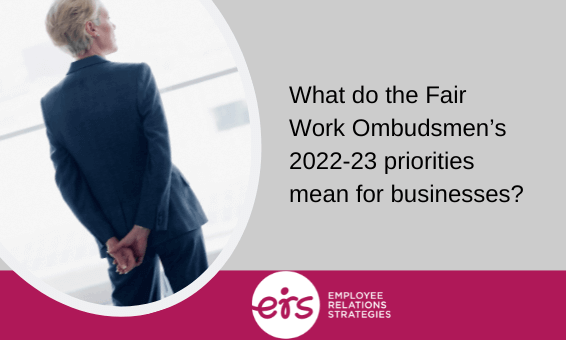
What do the Fair Work Ombudsmen’s 2022-23 priorities mean for businesses?
Each financial year, the Fair Work Ombudsmen (FWO) releases its Compliance and Enforcement Priorities. These are designed to highlight areas where the FWO believes there to be a lack of employment compliance, or potential for underpayments, within a specific industry or sector and where they will be devoting their attention and resources in the coming year.

